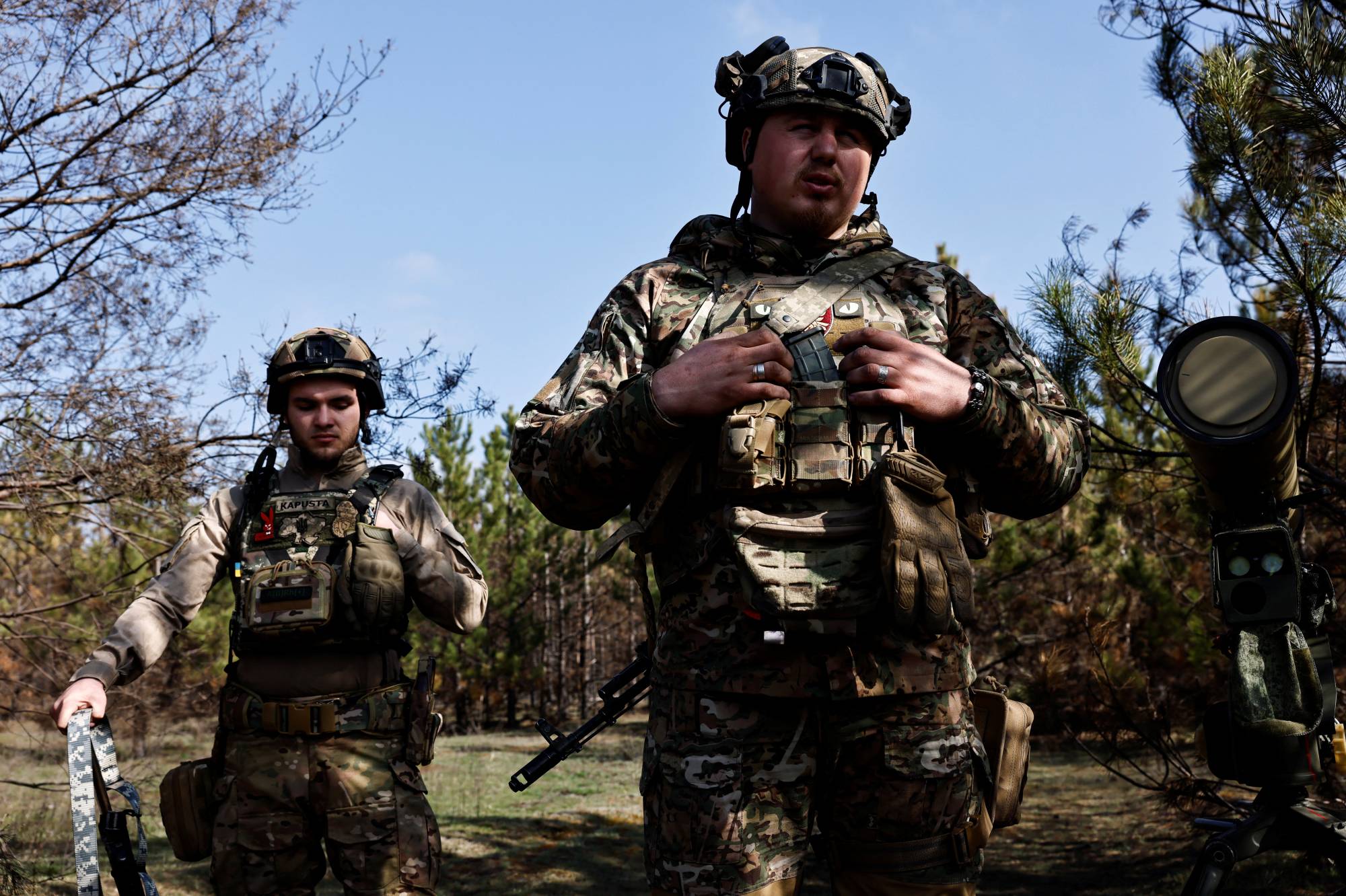Among a broad range of impacts on the international order, one of the most concerning issues from the Russia-Ukraine war would be the risk of Russia using nuclear weapons.
The current situation in which Russia, a nuclear power, is openly threatening to use nuclear weapons against Ukraine, a nonnuclear power, has a serious impact on the global nuclear nonproliferation regime.
Until now, the five major nuclear powers — the United States, Russia, the United Kingdom, France and China — have made unilateral declarations on negative security assurances by which they will not use nuclear weapons against any nonnuclear state party to the Treaty on the Non-Proliferation of Nuclear Weapons (NPT), with a caveat: to reserve the right to use nuclear weapons if attacked by a nonnuclear state allied or associated with a nuclear-weapon state (except in the case of China which has not mentioned this caveat). These declarations, although not legally binding, function as commitments to mitigate the inequality inherent in the NPT, which solidifies the status of nuclear and nonnuclear states.

















With your current subscription plan you can comment on stories. However, before writing your first comment, please create a display name in the Profile section of your subscriber account page.